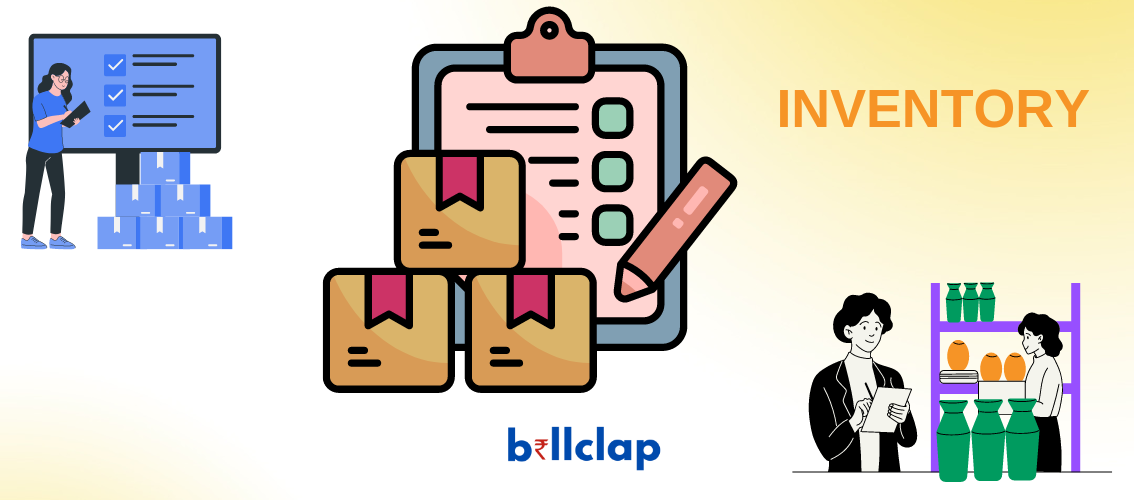Key Components of Inventory Management in Software Development:
Digital Assets Management:
Tracking and organizing software components, libraries, modules, and other digital assets that developers use to build applications.
Version Control:
Implementing systems (like Git) to manage different versions of software, ensuring developers work on the correct and most up-to-date codebase.
License Management:
Tracking software licenses to ensure compliance with legal requirements and preventing unauthorized use of licensed software.
Project Resources Allocation:
Allocating and managing human resources (developers, testers, designers) and hardware resources (servers, cloud instances) efficiently across projects.
Tools and Technologies Management:
Managing tools and technologies used in the development process (IDEs, testing frameworks, deployment tools) to optimize productivity and maintain consistency.
Importance of Inventory Management for Billclap:
Cost Control:
Efficient inventory management helps in reducing unnecessary costs associated with unused or underutilized software licenses, resources, and tools.
Optimized Productivity:
Ensures that developers have access to the necessary resources and tools when needed, reducing downtime and improving overall productivity.
Compliance and Legal Protection:
Proper management of licenses and digital assets ensures compliance with software licensing agreements and protects against legal liabilities.
Quality Assurance:
Facilitates better version control and testing, ensuring that only stable and tested software components are deployed, thus maintaining product quality.

Customer Satisfaction:
Ensures timely delivery of projects by having the right resources available, leading to improved customer satisfaction and retention.
Scalability and Growth:
Enables scalability by effectively managing resources and tools, allowing Billclap to handle larger projects and expand its client base without compromising quality.